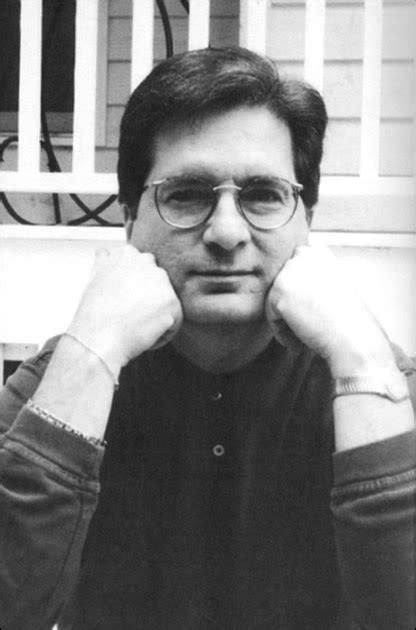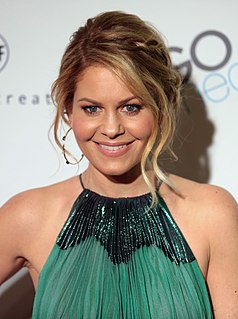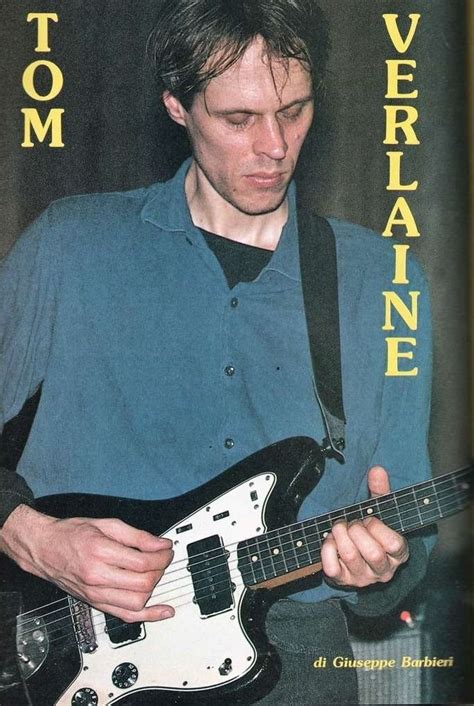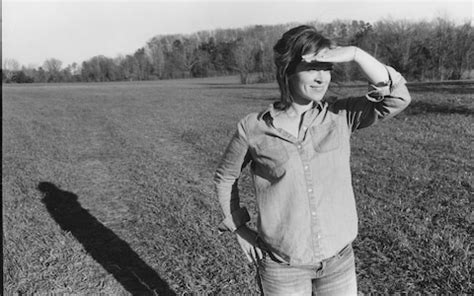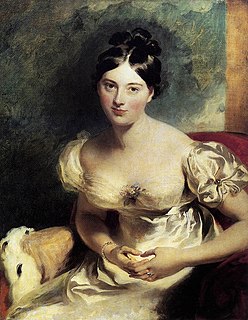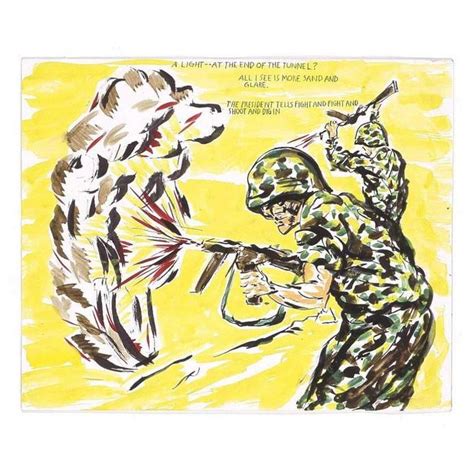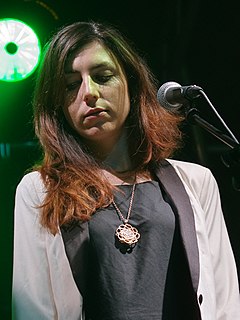Top 1200 Literary Style Quotes & Sayings - Page 2
Explore popular Literary Style quotes.
Last updated on November 16, 2024.
In truth, even if they have an imperfect insight into their own methods, I still slightly mistrust writers of fiction who are assured literary critics; it makes me suspect that they favour the word over the world it should describe. Such scribes fall victim too easily to the solecism of equating style with morality.
The moment in the account of Adam and Eve in the book of Genesis is when they realize they're naked and try and cover themselves with fig leaves. That seemed to me a perfect allegory of what happened in the 20th century with regard to literary modernism. Literary modernism grew out of a sense that, “Oh my god! I'm telling a story! Oh, that can't be the case, because I'm a clever person. I'm a literary person! What am I going to do to distinguish myself?...a lot of modernism does seem to come out of a fear of being thought an ordinary storyteller.
There are so many new young poets, novelists, and playwrights who are much less politically committed than the former generations. The trend is to be totally concentrated on the literary aesthetic and to consider politics to be something dirty that shouldn't be mixed with an artistic or a literary vocation.
Most of my formal choices are a combination of everything I learned about form - semiotics, linguistics, and the history of style experimentations tethered to literary movements (formalism, deconstruction, modernism, and postmodernism), and the basic principal of breaking every rule I ever learned from a patriarchal writing tradition that never included my body or experience, and thus has nothing to offer me in terms of representation.
My literary criticism has become less specifically academic. I was really writing literary history in The New Poetic, but my general practice of writing literary criticism is pretty much what it always has been. And there has always been a strong connection between being a writer - I feel as though I know what it feels like inside and I can say I've experienced similar problems and solutions from the inside. And I think that's a great advantage as a critic, because you know what the writer is feeling.
Many young web designers view their craft the way I used to view pop culture. It's cool or it's crap. They mistake Style for Design, when the two things are not the same at all. Design communicates on every level. It tells you where you are, cues you to what you can do, and facilitates the doing. Style is tautological; it communicates stylishness. In visual terms, style is an aspect of design; in commercial terms, style can communicate brand attributes.
Every single aspect of a text requires very careful choices and rigorous evaluation. Style is employed - or deployed - for a reason. It's purposeful. Form and aesthetics are part of meaning-making. Ideally, a writer would have mastery over a wide variety of rhetorical gestures and tonalities, our lexicon and punctuation system, our grammar, and all the riches of a liberal and literary education.
[Michael] Chabon, who is himself a brash and playful and ebullient genre-bender, writes about how our idea of what constitutes literary fiction is a very narrow idea that, world-historically, evolved over the last sixty or seventy years or so - that until the rise of that kind of third-person-limited, middle-aged-white-guy-experiencing-enlightenment story as in some way the epitome of literary fiction - before that all kinds of crazy things that we would now define as belonging to genre were part of the literary canon.
When a new writer defends his "style," the teacher smiles (or cringes) because real style isn't an artifice. Real style - voice - arrives on its own, as an extension of a writer's character. When style is done self-consciously and purposefully it becomes affectation, and as transparent as any affectation - an English accent on an old college chum from New Jersey, for example.
With the myriad of new Bible translations on the market today, few stand out. The ESV is one of the few, and surpasses the others in its simple yet elegant style. In many respects the ESV has accomplished in the 21st century what the KJV accomplished in the 17th: a trustworthy, literary Bible that is suitable for daily reading, memorizing, and preaching.













